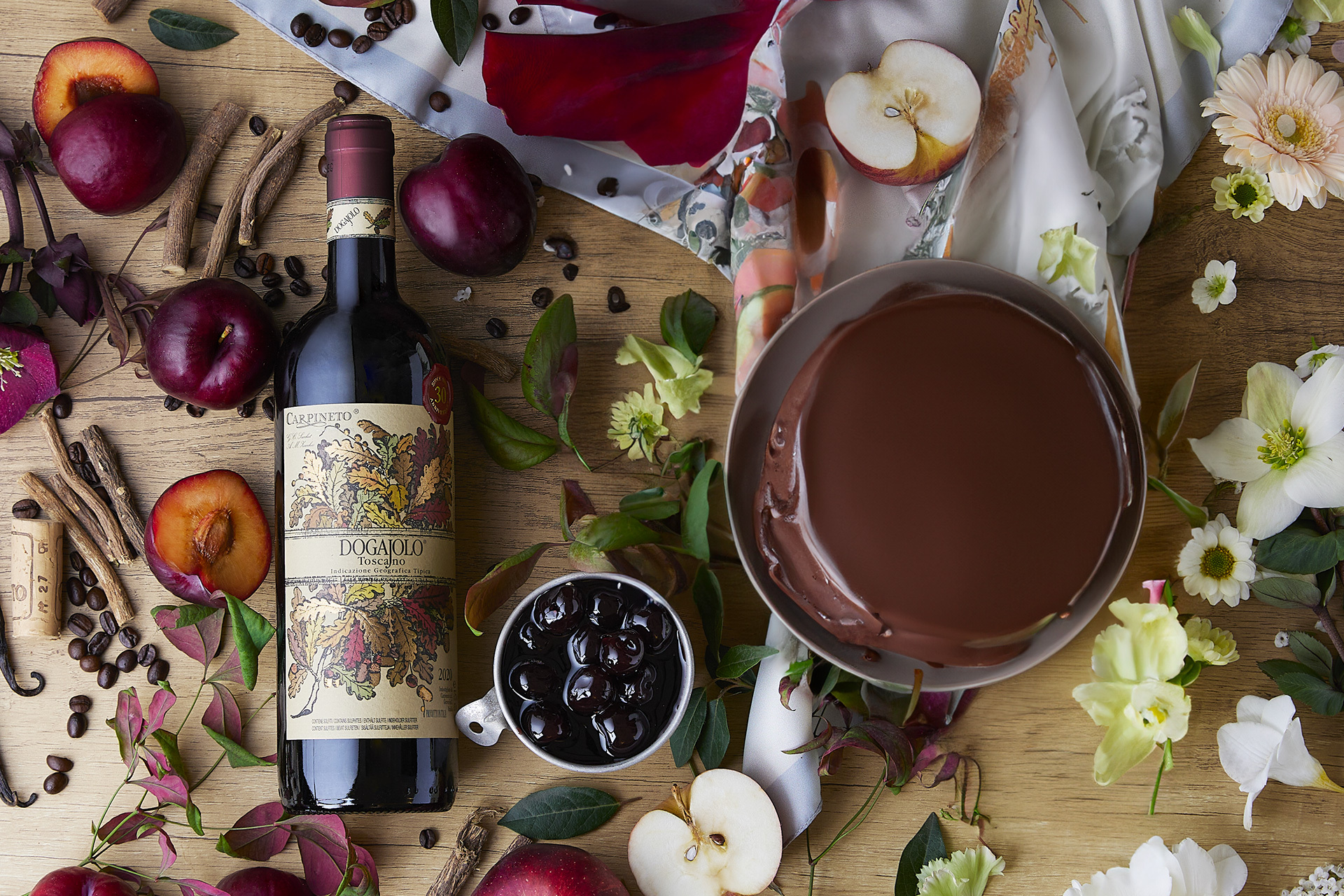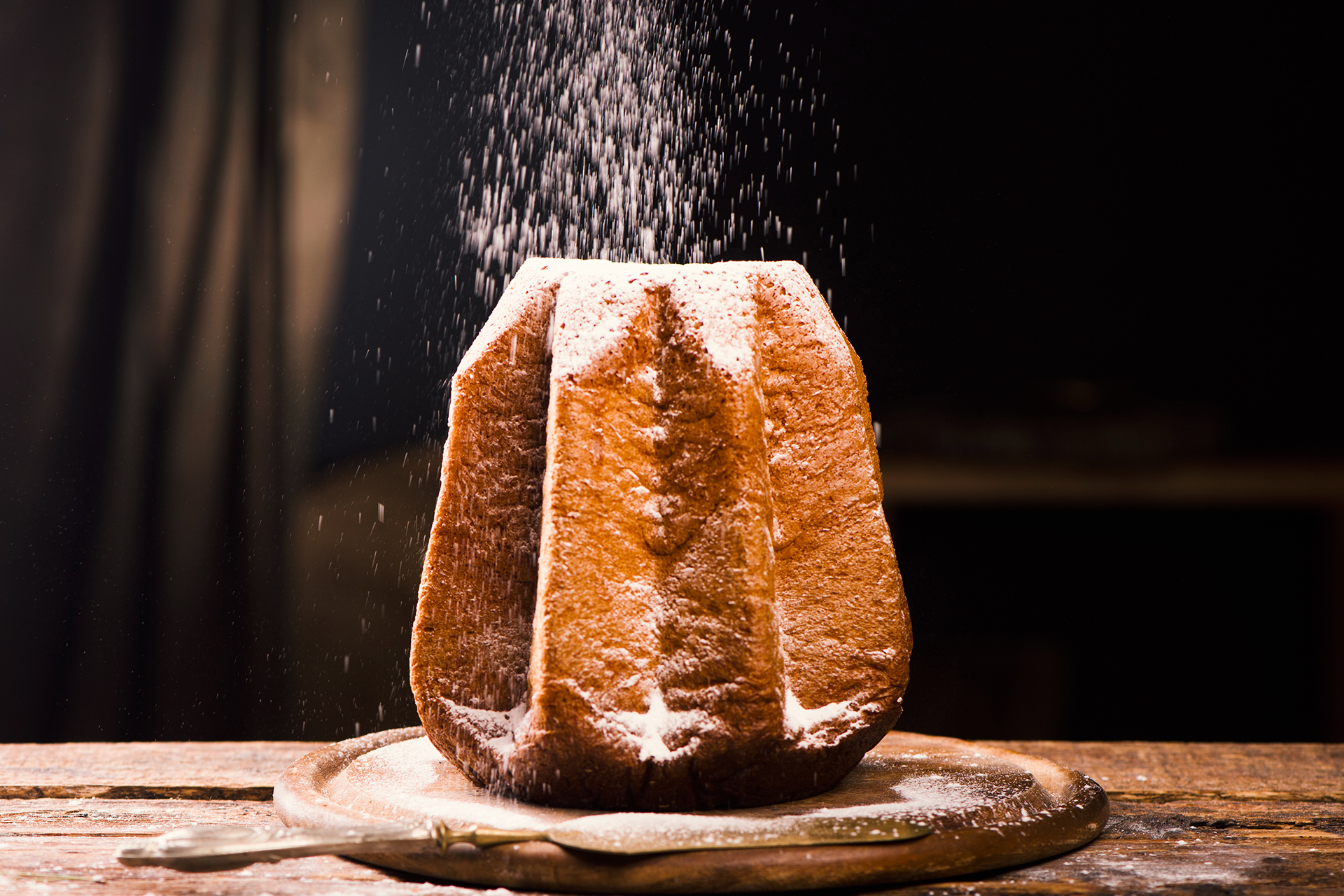Sustainability is the key word shared by virtually all entrepreneurial projects in the modern era, especially in such crucial sectors as gastronomy. Here at Carpineto we take this issue very seriously, ensuring that our production process, rooted in the knowledge and passion of generations of Tuscan farmers, meets all the sustainability standards that have arisen from the environmental issues and challenges that the present (but especially the future) requires us to take into account.
On an area of more than 500 hectares of land (200 hectares in forest) on which we cultivate more than 500 km of rows with a vast leaf area, Carpineto adopts sustainable precision agriculture with state-of-the-art technology.
We produce and use renewable energy from a photovoltaic panel system of more than 300 kW. This is why Carpineto is prodigiously carbon footprint positive, absorbing 26 percent more CO2 released into the atmosphere from any production process traceable to us.
The company's eco-sustainability code can be summarised as follows:
- Safeguarding biodiversity.
- Rationalization and timeliness in grape harvesting operations to ensure their maximum quality and health.
- Daily control of temperatures and analytical data of musts and wines during fermentations.
- Use of selected natural yeasts capable of ensuring fermentation processes free from the production of harmful substances such as endogenous amines.
Following these guidelines is most important not only to obtain a product of absolute quality, but also to hand down to posterity a healthy land that can continue to flourish and give back to us those wonderful fruits that we decant today. This must go hand in hand with the technological progress that increasingly conditions the production steps in wine production.
The United Nations General Assembly first adopted its resolution on December 21, 2016, designating June 18 as Sustainable Gastronomy Day. Gastronomy refers to the culinary art of a particular region, emphasizing its dishes and typical ingredients.
Sustainable gastronomy entails the cooking done with knowledge about where the ingredients come from, how they are grown, and what journey they undertake to get into our kitchens.
Choosing foods from the locality would make a change in positive shades towards communities, ecosystems, and economies of an entire territory. Food sustainability takes on greater urgency with projections of more than 9 billion people inhabiting the earth by 2050 while at present nearly one-third of the total food produced is waste. Farmers need to adopt an environmental-conscious way of doing things; similarly, consumers must be conscious about what they choose to eat.
Buying produce from nearby places will not only uplift local farmers, but also strengthen regional economics along with lowering emissions and resources long-distance transportation would consume.
There are many options to celebrate Sustainable Gastronomy Day, but participating in themed events is definitely the best way to do so. However, here are some everyday ideas to take action: try to promote clean energy for businesses and households; raise awareness about sustainable gastronomy; always give preference to buying organic food; most importantly: do not waste food and water!
To celebrate this day in its true essence, why not taste a truly top tier (and also sustainable) product? This year we want to suggest our Dogajolo Toscano Bianco IGT 2024.
This white 'Super-Tuscan' is produced from estate-grown vineyards that were established after a lot of site selection to find the proper locations to grow the grapes.
These vineyards are located on dry-farmed hillsides located in the Montepulciano region of Siena and have produced this blend of Chardonnay, Grechetto, and Sauvignon Blanc. After harvesting the grapes, the fruit is destemmed with a gentle hand, and left in contact with the skins for a brief period before pressing and settling.
Fermentation occurs at controlled temperatures to hold the freshness and character. When the wine is formed, we rack it, give it a light filter and store it at a low temperature to keep the beautiful fruit aromas and its natural stability without using fining agents or other artifacts.
The product itself is straw-yellow with some slight green reflections. The nose offers a gently fruity and aromatic taste.





-2 (1).png?w=400&h=400)
